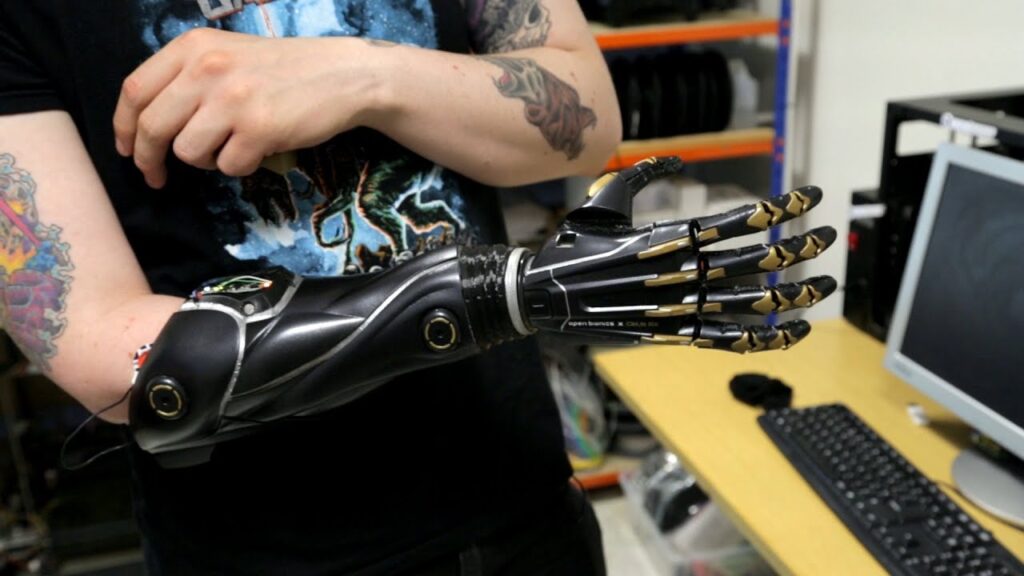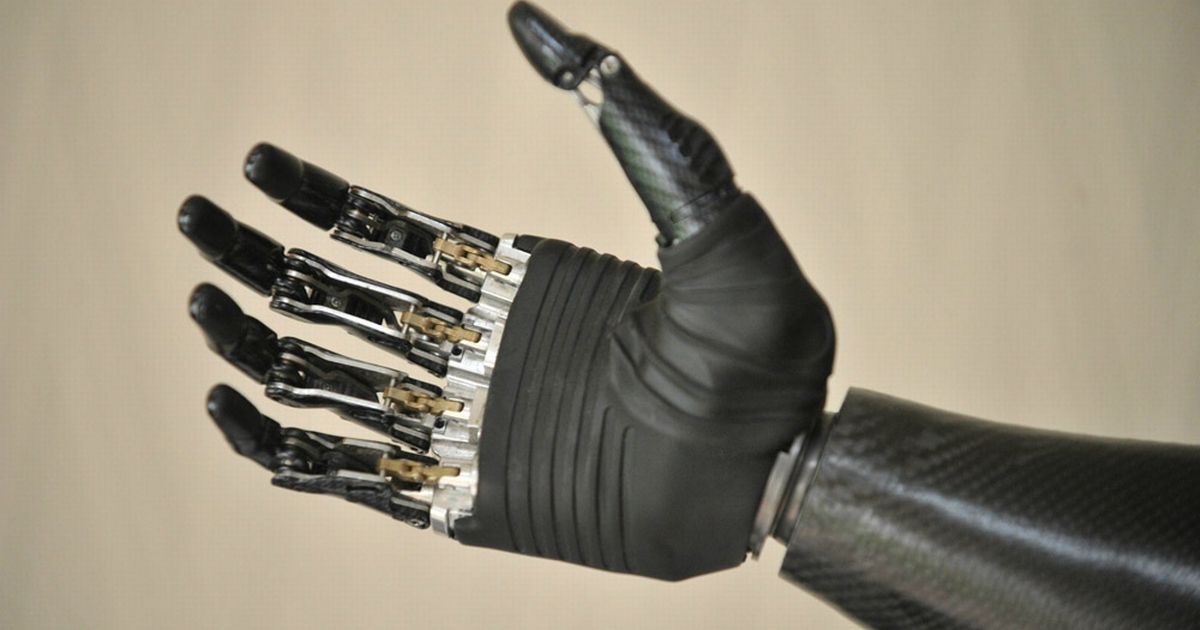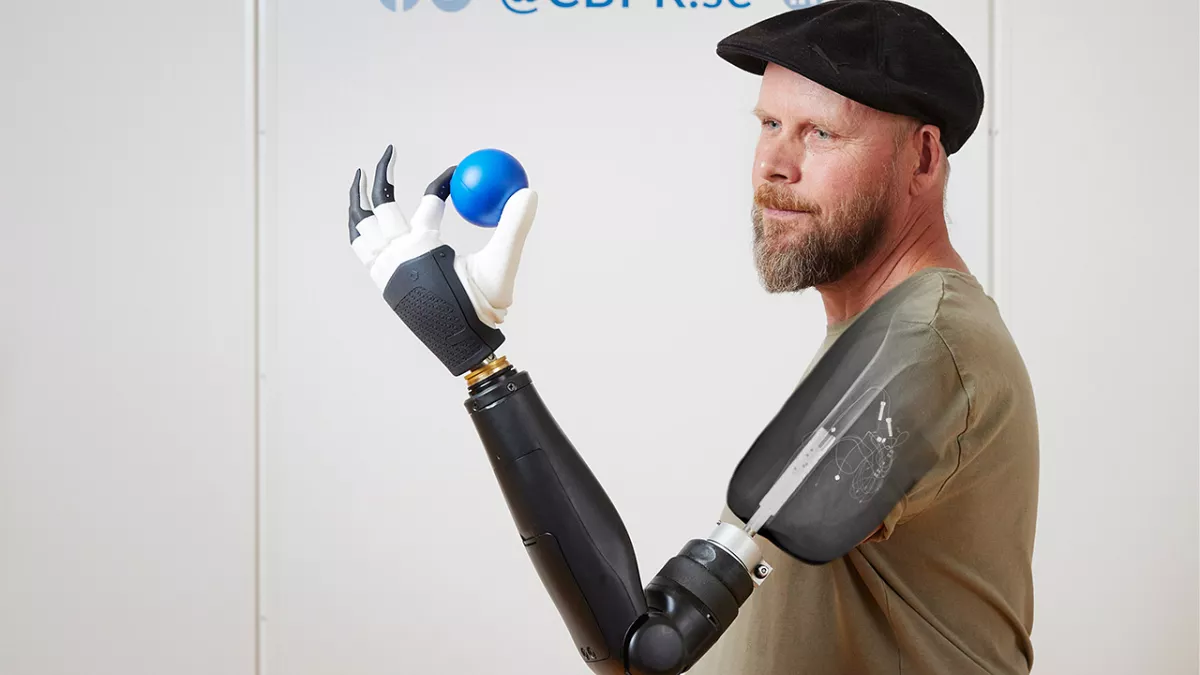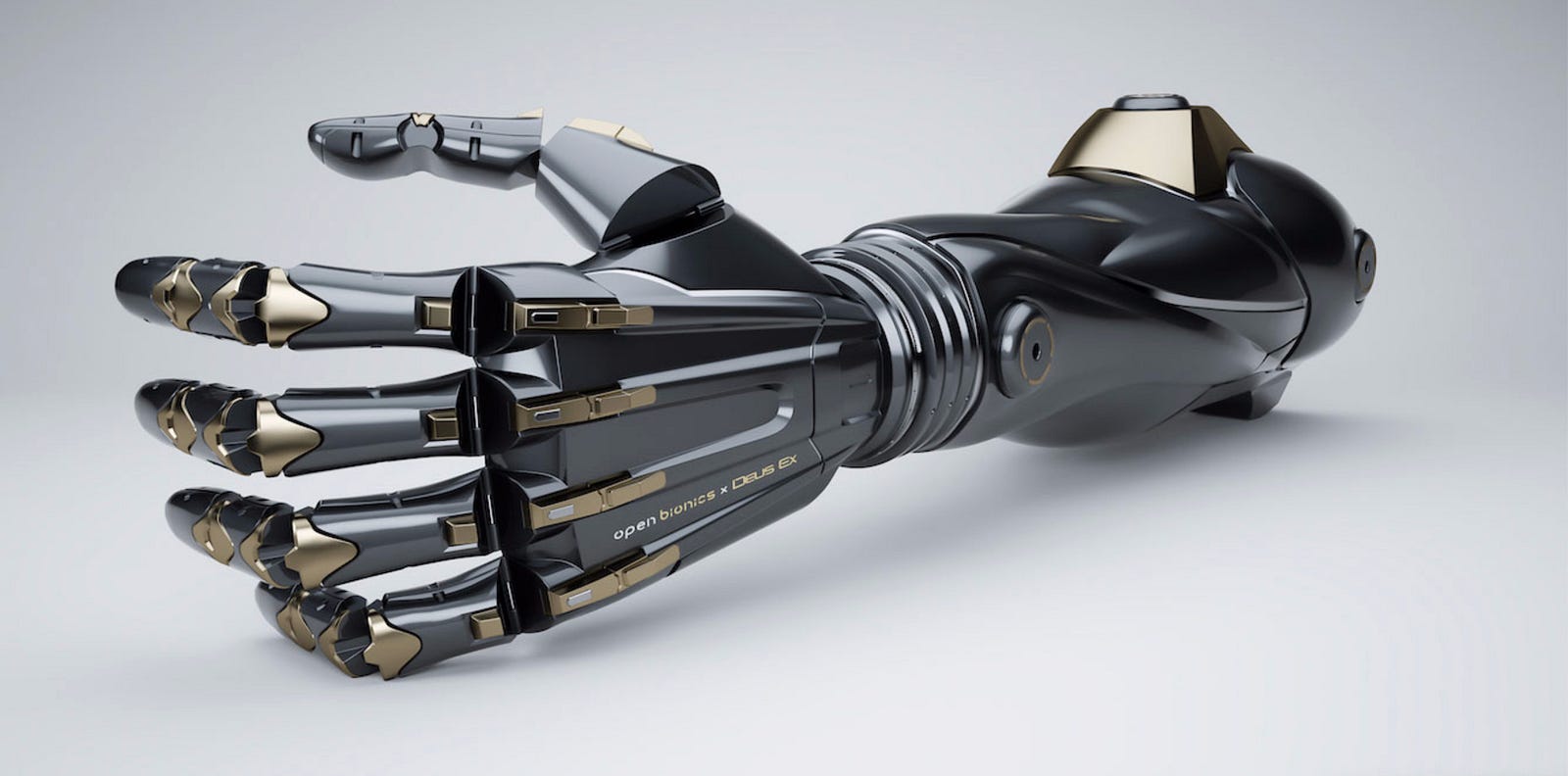
In an extraordinary leap forward for prosthetic technology, Open Bionics, a pioneering UK-based company, has unveiled a groundbreaking innovation: bionic hands capable of functioning independently from the human body. This development is not just a technological breakthrough; it’s a new realm of freedom for individuals like 19-year-old Tilly Lockey, who has turned a personal challenge into a testament to human ingenuity and resilience.

Tilly Lockey: The Face of a New Era
Tilly Lockey, who lost both hands to meningitis as a toddler, has been at the forefront of this revolutionary technology, working with Open Bionics. Her journey from a young girl adapting to prosthetics to a teenager influencing cutting-edge developments provides a compelling narrative of empowerment and transformation. Lockey’s experience with these “free-range fingers,” as she playfully describes them, not only challenges our conventional views on disability but also reshapes the possibilities within the prosthetic community.
Advanced Capabilities of the New Bionic Hands
These latest bionic hands by Open Bionics are described as being twice as fast as their predecessors and fully waterproof—characteristics that enhance both their functionality and appeal. Imagine the Tesla of prosthetic hands, but without the social media noise typically associated with high-tech innovations. These hands operate through advanced wireless sensors that detect muscle signals, ensuring that users like Lockey can control them intuitively and with precision.

No Sci-Fi, Just Science: Real-World Applications
The real magic lies in the hands’ ability to perform tasks independently, a feature that sounds like it belongs in a science fiction novel. Yet, here it is, integrated into Lockey’s daily life, enabling her to achieve a level of autonomy that was once deemed futuristic. The hands are equipped with 360-degree wrist rotation and a grip strong enough to give Lockey a new sense of touch and interaction, albeit with a learning curve she humorously notes could lead to a few accidental crushes.
Cultural Impact and Future Implications
Lockey’s journey and her new bionic enhancements are not just personal victories but are also shifting societal perceptions about the capabilities of prosthetic technology. As an Instagram influencer, Lockey uses her platform to highlight how technology can turn adversity into advantage, inspiring both awe and a rethinking of what is technologically and humanly possible.
What’s Next for Prosthetic Technology?
As we look to the future, the possibilities are as boundless as the technology itself. From enhancements that allow for even greater independence to designs that could integrate AI, the intersection of technology and human need is evolving at a rapid pace. Open Bionics is at the forefront of this evolution, continuously pushing the boundaries of what prosthetics can do, transforming them from mere replacements to enhancements that may one day exceed the capabilities of natural limbs.

The story of Tilly Lockey and her bionic hands opens up a discussion about the future of human-machine integration. It challenges us to rethink our concepts of disability and enhancement, illustrating a future where technology and human spirit go hand in hand—quite literally. As we advance, it remains crucial to focus on the empowerment such technologies offer, celebrating how they can transform lives in ways previously imagined only in the realms of fantasy and science fiction.
